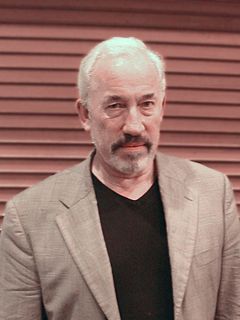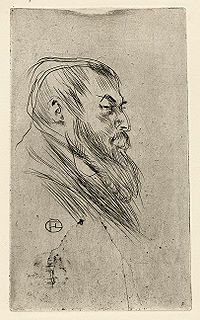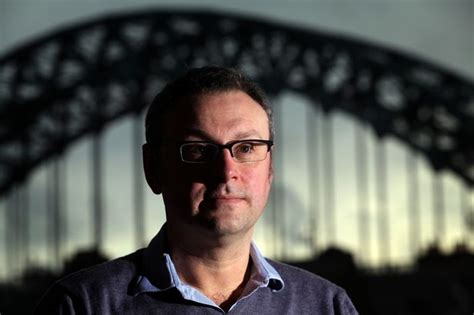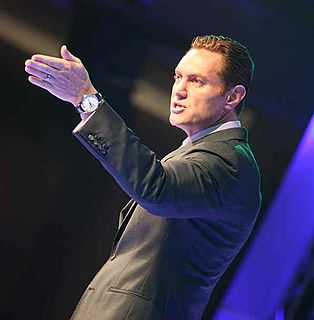A Quote by Bertolt Brecht
Don't expect the theatre to satisfy the habits of its audience, but to change them.
Related Quotes
Compare the cinema with theatre. Both are dramatic arts. Theatre brings actors before a public and every night during the season they re-enact the same drama. Deep in the nature of theatre is a sense of ritual. The cinema, by contrast, transports its audience individually, singly, out of the theatre towards the unknown.
To be honest, I am not theatre-trained and though I am confident in my skill set, to do theatre requires a better-tuned set of muscles and I sometimes defer to actors who are better trained. But at the times I do want a shot, I'll go for it, especially if the piece speaks to me and the opportunity comes up. The immediate response from a theatre audience is so thrilling, affirming, and soul-feeding; to know how you've affected an audience at curtain can be ego-blowing, both good and bad.






































